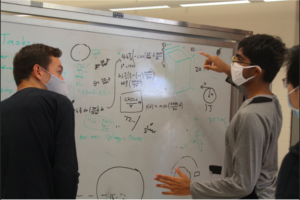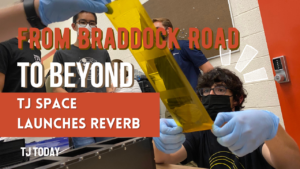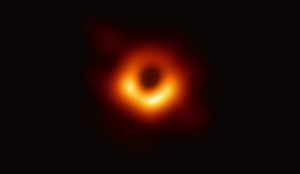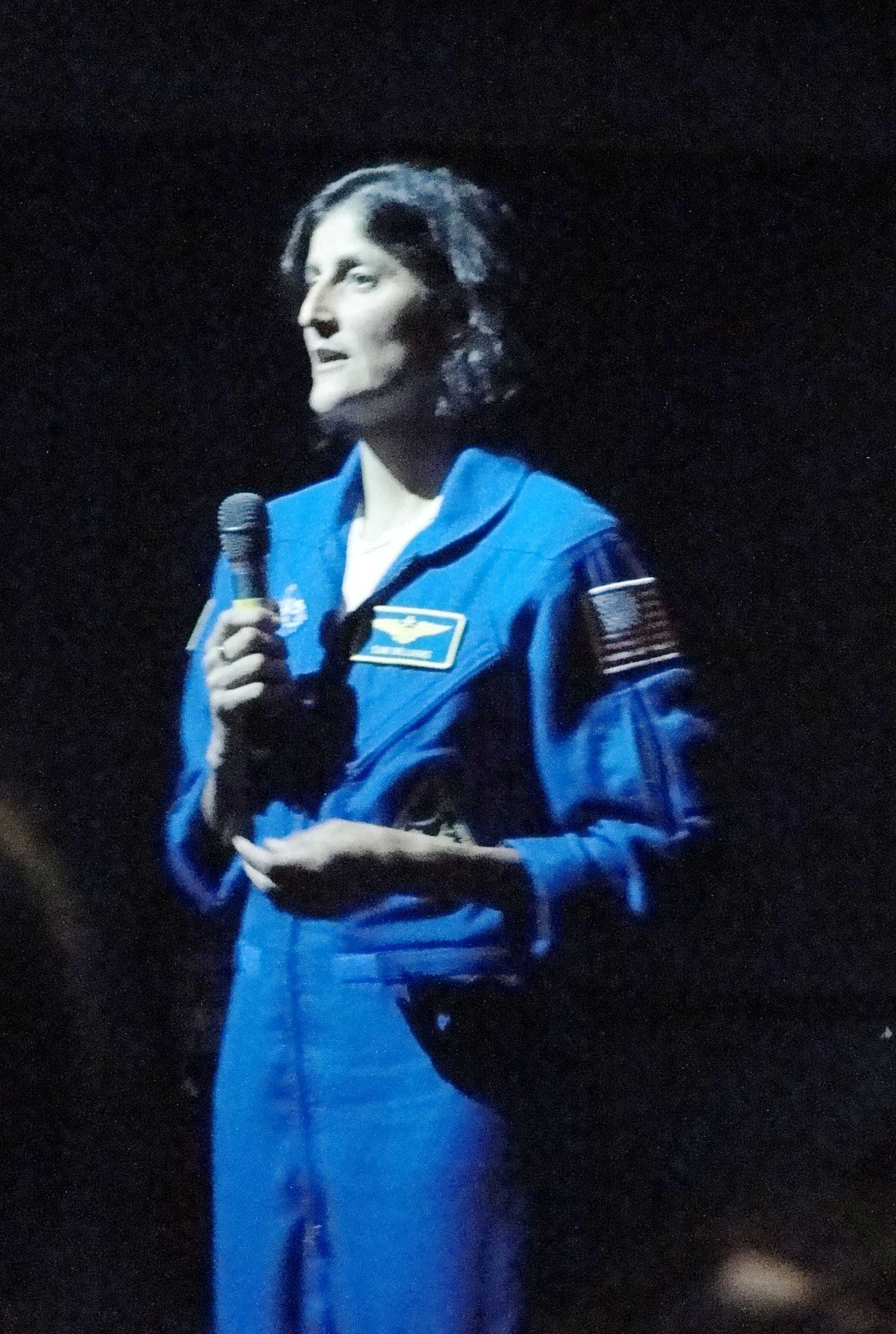SpaceX will launch REVERB satellite on Nov. 22
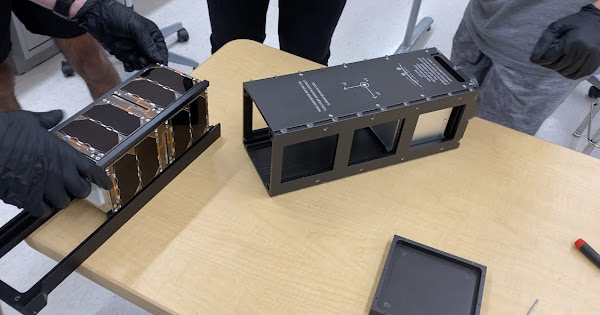
The featured cubesat will be launced into space on Nov. 22, 2022. “It was really cool to see the satellite run through its mission in testing, and to see the parts of the flatsat come together into a full cubesat,” senior Alan Hsu said.
November 20, 2022
TJ Space’s Research and Education Vehicle for Evaluating Radio Broadcasts (REVERB) satellite is scheduled to launch on Nov. 22 at 3:54 p.m.
“I am very excited for the launch,” senior Alan Hsu said. “It really represents six years of working paying off.”
Before the launch, several preparations were made as space flights never have a 100% chance of success.
“We have been preparing by considering possible failure modes of the flight software and ground station to be ready to address them. Since deployment won’t happen immediately after launch, we still have some time,” Hsu said. “Our code and contingencies don’t take effect until deployment.“
TJ Space’s REVERB project is a cubesat, a small satellite that can transmit radio signals. Its first destination is the International Space Station (ISS), where it’ll remain until January.
“REVERB is on a SpaceX dragon going to the ISS on Tuesday [Nov. 22] on the CRS-26 mission, and it will be stored on the ISS until it is deployed into orbit sometime in the next two months,” Hsu said.
Once in space, the satellite will connect with Iridium, a satellite constellation with a higher orbit than REVERB, which is typically used to support satellite phones on Earth. The satellite employs a Raspberry Pi as its primary flight computer, an educational microcomputer. This will be the first instance where a Raspberry Pi computer and Iridium radio are used together in space, and will be a significant milestone in Jefferson’s Space Program.
“Launching REVERB will grow our reputation in the small-satellite community and give us experience with operating a Raspberry Pi and iridium based cubesat,” Hsu said.
After the launch, TJ Space will continue to work on other projects.
“After REVERB we have been working on several projects, including a groundstation setup, a NASA spectrometer gimbal, and a high altitude weather balloon project,” Hsu said.

